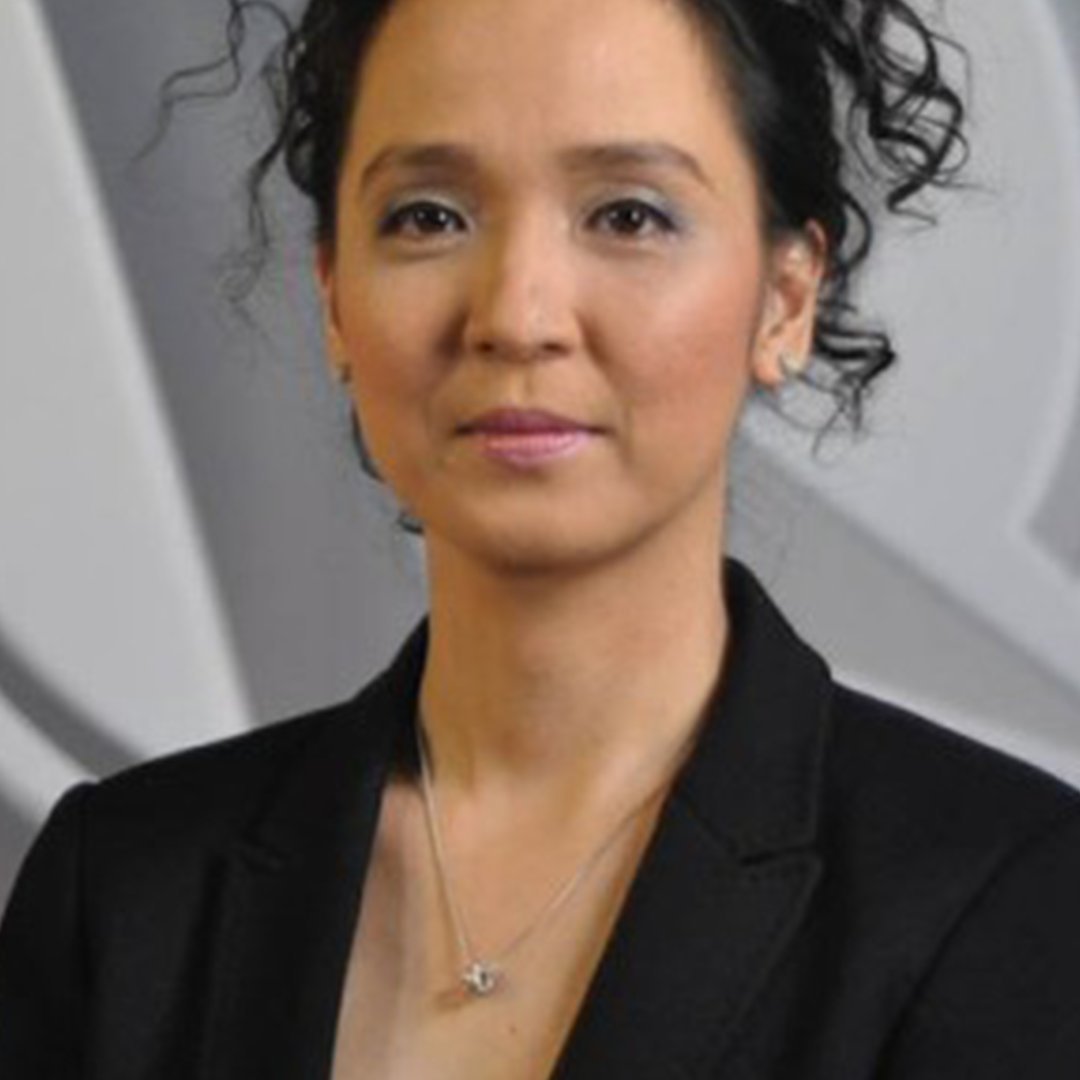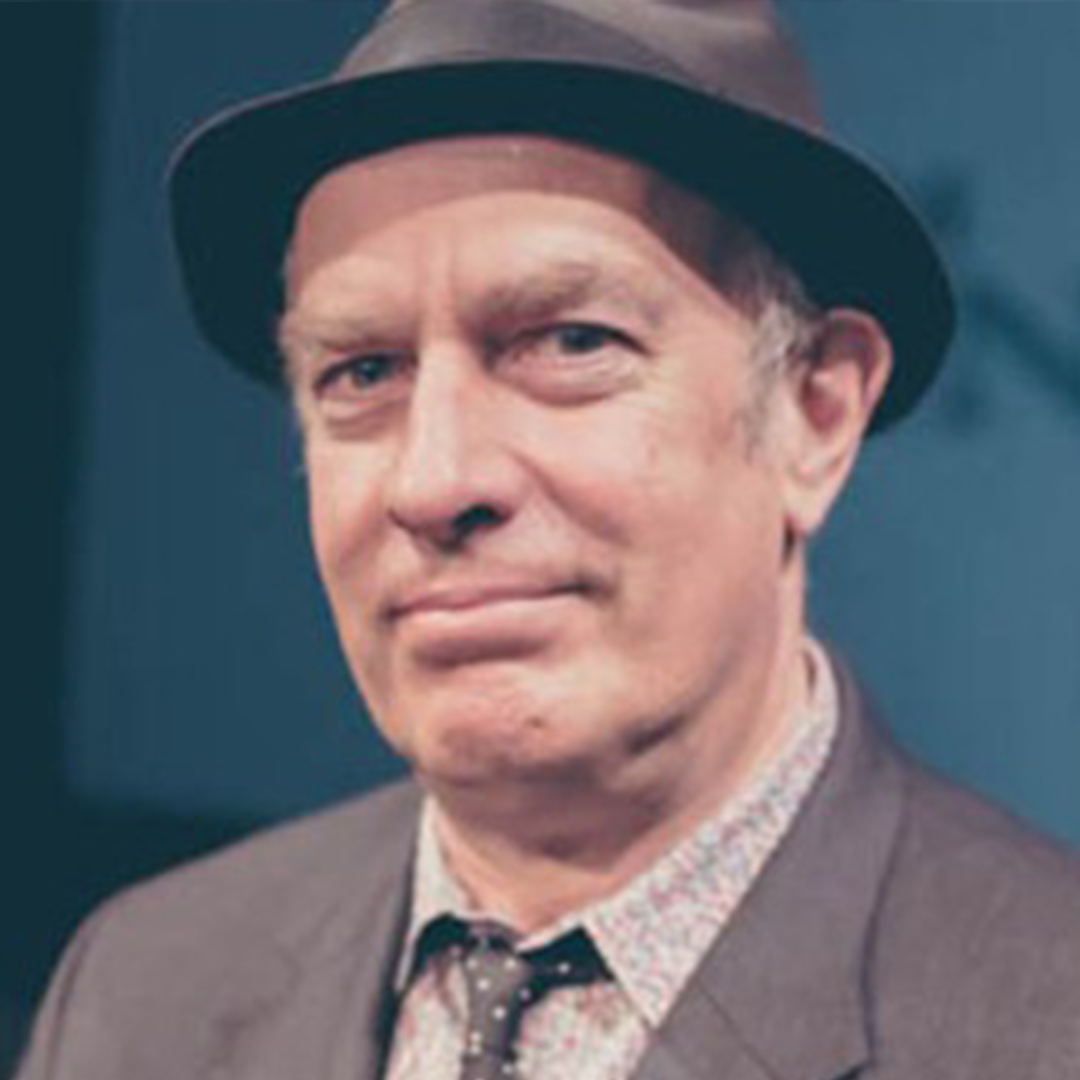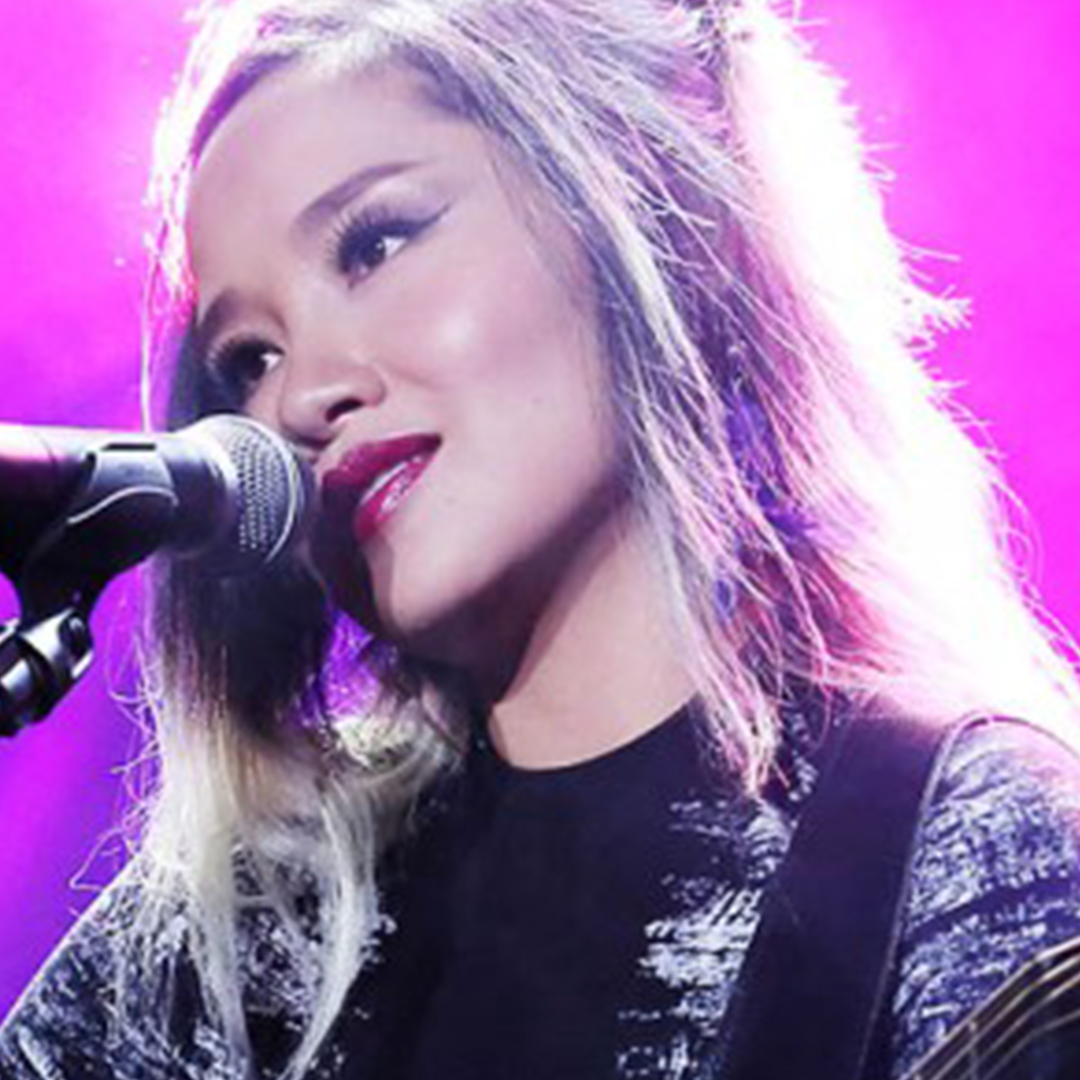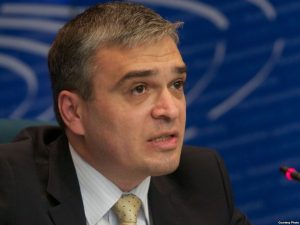Trouble in paradise
FEATURING

Miriam Grace A Go
Journalist

Martin Rowson
Cartoonist

Mai Khoi
Musician
FEATURING

Journalist

Cartoonist

Musician
[vc_row][vc_column][vc_custom_heading text=”With contributions from Omar Mohammed, Mahvash Sabet, Simon Callow and Lucy Worsley, as well as interviews with Neil Oliver, Barry Humphries and Abbad Yahya”][/vc_column][/vc_row][vc_row][vc_column][vc_column_text]
[/vc_column_text][/vc_column][/vc_row][vc_row][vc_column][vc_single_image image=”99222″ img_size=”full”][/vc_column][/vc_row][vc_row][vc_column][vc_column_text]
[/vc_column_text][/vc_column][vc_column][/vc_column][/vc_row][vc_row][vc_column][vc_custom_heading text=”Special report: The abuse of history “][vc_column_text]
[/vc_column_text][/vc_column][/vc_row][vc_row][vc_column][vc_custom_heading text=”Column”][vc_column_text]
[/vc_column_text][/vc_column][/vc_row][vc_row][vc_column][vc_custom_heading text=”In focus”][vc_column_text]
[/vc_column_text][/vc_column][/vc_row][vc_row][vc_column][vc_custom_heading text=”Culture”][vc_column_text]
[/vc_column_text][/vc_column][/vc_row][vc_row][vc_column][vc_custom_heading text=”Column”][vc_column_text]
[/vc_column_text][/vc_column][/vc_row][vc_row][vc_column][vc_custom_heading text=”Endnote”][vc_column_text]
[/vc_column_text][/vc_column][/vc_row][vc_row content_placement=”top”][vc_column width=”1/3″][vc_custom_heading text=”The Abuse of History” font_container=”tag:p|font_size:24|text_align:left” link=”url:https%3A%2F%2Fwww.indexoncensorship.org%2F2017%2F12%2Fwhat-price-protest%2F%20|||”][vc_column_text]The spring 2018 issue of Index on Censorship magazine takes a special look at how governments and other powers across the globe are manipulating history for their own ends
With: Simon Callow, Louisa Lim, Omar Mohammed [/vc_column_text][/vc_column][vc_column width=”1/3″][vc_single_image image=”99222″ img_size=”medium” alignment=”center” onclick=”custom_link” link=”https://www.indexoncensorship.org/2017/12/what-price-protest/”][/vc_column][vc_column width=”1/3″ css=”.vc_custom_1481888488328{padding-bottom: 50px !important;}”][vc_custom_heading text=”Subscribe” font_container=”tag:p|font_size:24|text_align:left” link=”url:https%3A%2F%2Fwww.indexoncensorship.org%2Fsubscribe%2F|||”][vc_column_text]In print, online. In your mailbox, on your iPad.
Subscription options from £18 or just £1.49 in the App Store for a digital issue.
Every subscriber helps support Index on Censorship’s projects around the world.
![]() SUBSCRIBE NOW[/vc_column_text][/vc_column][/vc_row]
SUBSCRIBE NOW[/vc_column_text][/vc_column][/vc_row]
[vc_row][vc_column][vc_column_text]

Ilgar Mammadov
Azerbaijani opposition politician Ilgar Mammadov was jailed in 2013. The European Court of Human Rights (ECHR) ruled in May 2014 that Mammadov’s arrest and continued detention was in retaliation for criticising the country’s government.
Mammadov is a leader of the Republican Alternative Movement (REAL), which he launched in 2009, and is one of Azerbaijan’s rare dissenting political voices. He was sentenced to seven years in prison after participating in an anti-government protest rally in Ismayilli, a town 200 kilometers outside Baku. Authorities arrested him on trumped-up charges of inciting the protest with the use of violence. Mammadov had previously announced his intent to run for president. Mammadov remains in jail, despite the Council of Europe repeatedly calling for his release. Azerbaijan may be expelled from the council as the country repeatedly refuses to comply with the organization’s requests. John Kirby, spokesman of the US Department of State, also called on Azerbaijan to drop all charges against Mammadov. Reports in November 2015 emerged stating that Mammadov had been tortured by prison officials, which resulted in serious injuries including broken teeth. Mammadov has remained very vocal during his time in jail, writing on his blog about political developments in Azerbaijan and refusing to write a letter asking for pardon from President Ilham Aliyev.
The following is a letter written by Ilgar Mammadov:
International investment in fossil fuel extraction is making me and other Azerbaijani political prisoners hostages to the Aliyev regime.
A thirst for freedom.
Azerbaijan has seen a crackdown on any political dissent over the past few years, with dozens of activists and critics of the regime in Baku going behind bars. So far, there’s little sign of improvement.
Though respectful of the memory of Nelson Mandela, the mass media have occasionally shed light on the late South African leader’s warm relationship with scoundrels such as Muammar Qaddafi and Fidel Castro, as well as his refusal to defend Chinese dissidents. These events have been evoked to invite critical thinking about an iconic figure and balance his place in history.
Most readers of these articles judge a figure they previously held as an idol as hypocritical or tainted. They do not ask questions about the roots of a particular contradiction. In the case of Mandela, the dictators above had supported the anti-apartheid struggle of the African National Congress, while several established democracies indulged the inhuman system of apartheid because of the diamond, oil and other industries, and particularly because of the Cold War.
After only four years in prison, even on bogus charges and a politically motivated sentence, I am nowhere near Mandela in terms of symbolising a cause of global significance. Republicanism in my country, Azerbaijan — where the internationally promoted father-to-son succession of absolute power has disillusioned millions — is hardly comparable to the fight against racial segregation. Still, I can, better than many others, explain the flawed international attitudes that help keep democrats locked in the prisons of the “clever autocrats” who are, in turn, courted by retrograde forces within today’s democracies.
I will tell the story of how plans for a giant pipeline that would suck gas from Azerbaijan to Italy, the Southern Gas Corridor (SGC), impacts on Azerbaijan’s political prisoners.
In this letter I will focus only on one tension of the struggle we face here in Azerbaijan — between our democratic aspirations that enjoy only a nominal solidarity abroad, and the attempt to build a de facto monarchy which receives comprehensive support from foreign interest groups.
To be precise, I will tell the story of how plans for a giant pipeline that would suck gas from Azerbaijan to Italy, the Southern Gas Corridor (SGC), impacts on Azerbaijan’s political prisoners.
I will tell the story by discussing my own case. But before I tell it, you need to know what the Southern Gas Corridor is and why my release is crucial for the morale of our democratic forces. Indeed, Council of Europe officials say my freedom is essential for the entire architecture of protection under the European Convention of Human Rights, but there is still no punishment of my jailer.
What is the Southern Gas Corridor?
The Southern Gas Corridor is a multinational piece of gas infrastructure worth $43 billion US dollars. It is designed to extract and pump 16 billion cubic metres of natural gas every year from 2018, sucking hydrocarbons from Azerbaijan’s Shah Deniz gas field to European and Turkish markets. The EU, Turkey, and the US are all eager to connect the pipeline to Turkmenistan so that to an extra 20-30 billion cubic metres of Turkmen gas can be added to the scheme.
Hydrocarbon extraction is the mainstay of the country’s economy. Baku signed the “contract of the century” in 1994, and has attracted western oil and gas giants ever since.
The significance of the SGC is twofold. First, the project could provide up to 8-10% of EU’s gas imports, thus reducing the union’s dependence on Russia. Secondly, it will become another platform for geopolitical access (Russians would use a slightly ominous word “penetration”) of the west to Central Asia.
How did SGC encourage more repression?
Any rational democratic government in Baku would opt for the SGC without much debate and then turn its attention to issues truly important for Azerbaijan’s sustainable economic development. The revenue generated by the project would not be viewed as vital for the country when compared to the country’s economic potential in a less monopolised and more competition-based economy.
However, since the moment when a Russian government plane took Ilham Aliyev’s barely breathing father from a Turkish military hospital to the best clinic in America, in order to smooth the transition of power, the absolute ruler of Azerbaijan has been trained to deal with great powers first and then use such deals to repress domestic political dissent second. He has kept the country’s economy almost exclusively based on selling oil and gas and importing everything else.
Recently, Aliyev has been trying to present the SGC as his generous gift to the west so that governments will not talk about human rights and democracy in Azerbaijan. At one point Aliyev was even considering unilaterally funding the entire project.
Since 2013, Aliyev has instigated an unprecedented wave of attacks on civil society, which he used to illustrate the seriousness of his ambition for energy cooperation with the west.
In the middle of this tug of war, Azerbaijan suddenly found itself short of money due to falling oil prices. It could not fund its share in the parts of SGC that ran through Turkey (TANAP) and Greece, Albania and Italy (TAP) without backing from four leading international financial institutions — the European Bank for Reconstruction and Development, European Investment Bank, World Bank and Asian Development Bank.
During 2016, these institutions said their backing was subject to Azerbaijan’s compliance with the Extractive Industry Transparency Initiative (EITI). In September, Riccardo Puliti, director on energy and natural resources at the EBRD, cited the resumption of the EITI membership of Azerbaijan as “the main factor” for the prospect of approval of funds for TANAP/TAP.
Together with EIB, EBRD wants to cover US $2.16 billion out of the total US $8.6 billion cost of the TANAP. TAP will cost US $6.2 billion.
What is the Extractive Industry Transparency Initiative?
The EITI is a joint global initiative of governments, extractive industries, and local and international civil society organisations that aims, inter alia, to verify the amount of natural resources extracted by (mostly international) corporations and how much of the latters’ revenue is shared with host states. Its purpose, in that respect, is to safeguard transnational businesses from future claims that they have ransacked a developing nation — for instance, by sponsoring a political regime unfriendly to civil society and principle freedoms.
In April 2015, because of the unprecedented crackdown on civil society during 2013-2014, the EITI Board lowered the status of Azerbaijan in the initiative from “member” to “candidate”. This move, alongside falling oil prices, complicated funding for the Southern Gas Corridor. International backers were reluctant to be associated with the poor ethics of implementing energy projects in a country where already fragmented liberties were degenerating even further.
Hence, during 2016, several governments, especially the US, put strong political pressure on Azerbaijan. This resulted in a minor retreat by the dictatorship. Some interest groups claimed at the EITI board that this was “progress”.
The EITI board assembled on 25 October to review Azerbaijan’s situation. I appealed to the board ahead of its meeting.
Why did my appeal matter?
My appeal was heard primarily because, until I was arrested in March 2013, I was a member of the Advisory Board of what is now the Natural Resource Governance Institute (NRGI), a key international civil society segment of EITI.
In addition to my status within the EITI, the circumstances of my case — which was unusually embarrassing for the authorities — also played a role:
i) The European Court of Human Rights (ECHR) had established that the true reason behind the 12 court decisions (by a total of 19 judges) for my arrest and continued detention was the wish of the authorities “to silence me” for criticising the government;
ii) The US embassy in Azerbaijan had spent an immense amount of man-hours observing all 30 sessions of my trial during five months in a remote town and concluded: “the verdict was not based on evidence, and was politically motivated”;
iii) The European Parliament’s June 2013 resolution, which carried my name in its title, had called for my immediate and unconditional release — a call reiterated in the next two EP resolutions of 2014 and 2015 on human rights situation in Azerbaijan;
iv) Since December 2014, the Committee of Ministers of the Council of Europe had adopted eight (now nine) resolutions and decisions specifically on my case whereby it insisted on urgent release in line with the ECHR judgment.
Due to an onslaught by civil society partners during the 25 October debate, the EITI Board refused to return Azerbaijan its “member” status.
Indecision in America
I am very much obliged to the US embassy for conducting the hard labour of trial observation, but the US government representative’s stance at the EITI board meeting in October was a surprising disappointment.
Mary Warlick, the representative of the US government, insisted that Azerbaijan has made progress worth of being rewarded by EITI membership. Obviously, she was speaking for that part of the US government that wants the SGC pipeline to be built at any cost to our freedom.
A month later, in a counter-balancing act, John Kirby, spokesman of the US Department of State, called on Azerbaijan to drop all charges against me.
Samantha Power’s Facebook posting of my family photo on 10 December, the International day of Human Rights, was also touching. Power is US Permanent Representative at UN. Two years ago, she already mentioned my case in the EITI context at a conference.
Complementing her kindness, around the same time Christopher Smith, Chairman of the Helsinki Commission of the US Congress, in an interview about fresh draconian laws restricting free speech in Azerbaijan, repeated his one year old call for my release.
Yet, on 15 December, Amos Hochstein, US State Department’s Special Envoy on Energy, assured the authorities in Baku that “regardless of any political changes, the US will remain committed to its obligations under the SGC”.
Indecision in Europe
I could set out a similar pattern of European hesitation beginning with my first days in jail.
To be concise, though, let me recall only the fact that on 20 September (the same day that Rodrigo Duterte called the European Parliament “hypocritical” for its criticism of the extra-judicial executions in Philippines), a conciliatory delegation of the EP in Baku not only agreed to hear a lecture from Ilham Aliyev on “[EP] President Martin Schultz and his deputy Lubarek being enemies of the people of Azerbaijan”, but even praised the lecture as a “constructive one”, in the words of Sajjad Karim, the British MEP who had led the delegation.
Political prisoners of Azerbaijan are not worth the amount of money involved in the SGC, but European values probably are.
The aforementioned three resolutions of the European Parliament were thus crossed out as I observed from behind bars.
Two presidents of the Parliamentary Assembly of the Council Of Europe (PACE) have visited me in prison, but this only highlighted the irrelevance of the body to the situation on the ground. They never stopped talking of how constructive or how ongoing their dialogue with the Azerbaijani authorities has been.
New threats
Our narrow win at the EITI Board exposes us to two new threats. (I do not discuss here the extraneous threats, which may originate from, for example, rising oil prices or collapse of the nuclear deal with Iran, i.e. anything adding confidence or bargaining power to the regime in Baku.)
One is that at the next EITI board meeting in March 2017, those driven by pressing commodity and geopolitical interests may outnumber or otherwise outpower the civil society party. If Ilham Aliyev proceeds with his cosmetic, fig leaf “reforms” or releases those political prisoners who have already pleaded for pardon or surrendered in any other way, the probability of my freedom being sacrificed will arise again.
The other threat is that instead of battling at the EITI, those interest groups may ask the international financial institutions to disconnect the SGC loans from Azerbaijan’s compliance with the EITI. These institutions are easier to convince as they are full of short-termist bank executives, rather than civil society activists concerned with the rule of law, transparency and public accountability.
The second scenario may already be in effect as rumours suggest that the World Bank has endorsed a US $800m loan to the TANAP. If so, then the postponed energy consultations between Baku and Brussels at the end of January may put the loans back on the EITI-friendly track. Political prisoners of Azerbaijan are not worth of the amount of money involved in the SGC, but European values probably are.
Deep jail horizon
Of 11 other members of the ruling body of my civic movement, REAL, three had to flee the country after my arrest, two were jailed (for 1.5 years and one month on charges not related to my case), two are not permitted to travel abroad (again on separate cases); one of them cannot even leave Baku.
From time to time, activists spend days under administrative detention designed to scare others. Nonetheless, we live in a world different from the one which tolerated and even fed apartheid.
Mandela’s fight promoted an agenda and international institutions where we can defend the values of freedom from encroachment by dictators and their business partners. This is why we should not consider the means of resisting oppression or seeking solidarity with other international arrangements any less conventional now. The problem is that when others see that our peaceful efforts are not fruitful, they turn to more radical means to end injustice.
*Mary Warlick is married to James Warlick, US co-chair of the OSCE Minsk Group mediating in the conflict between Armenia and Azerbaijan over Nagorno-Karabakh. Therefore, initially I guessed that by being nice to the regime she might have tried to make her husband’s relations with the official Baku easier. But in mid-November, James Warlick announced his resignation from the post, apparently as he had planned, and my guess turned out to be mistaken.[/vc_column_text][/vc_column][/vc_row][vc_row][vc_column][vc_basic_grid post_type=”post” max_items=”4″ element_width=”6″ grid_id=”vc_gid:1485781328870-cb0adaa0-0682-7″ taxonomies=”7145″][/vc_column][/vc_row]

Credit: Flickr / Jason Howie
Facebook made headlines this week over allegations by former staff that the site tampers with its “what’s trending” algorithm to remove and suppress conservative viewpoints while giving priority to liberal causes.
The news isn’t likely to shock many people. Attempts to control social media activity have been rife since Facebook and Twitter launched in 2006. We are outraged when political leaders ban access to social media, or when users face arrest or the threat of violence for their posts. But it is less clear cut when social media companies remove content they deem in breach of their terms and conditions, or move to suspend or ban users they deem undesirable.
“Legally we have no right to be heard on these platforms, and that’s the problem,” Jillian C. York, director for international freedom of expression at the Electronic Frontier Foundation, tells Index on Censorship. “As social media companies become bigger and have an increasingly outsized influence in our lives, societies, businesses and even on journalism, we have to think outside of the law box.”
Transparency rather than regulation may be the answer.
 Back in November 2015, York co-founded Online Censorship, a user-generated platform to document content takedowns on six social media platforms (Facebook, Twitter, Instagram, Flickr, Google+ and YouTube), to address how these sites moderate user-generated content and how free expression is affected online.
Back in November 2015, York co-founded Online Censorship, a user-generated platform to document content takedowns on six social media platforms (Facebook, Twitter, Instagram, Flickr, Google+ and YouTube), to address how these sites moderate user-generated content and how free expression is affected online.
Online Censorship’s first report, released in March 2016, stated: “In the United States (where all of the companies covered in this report are headquartered), social media companies generally reserve the right to determine what content they will host, and they do not consider their policies to constitute censorship. We challenge this assertion, and examine how their policies (and the enforcement thereof) may have a chilling effect on freedom of expression.”
The report found that Facebook is by far the most censorious platform. Of 119 incidents, 25 were related to nudity and 16 were due to the user having a false name. Further down the list were content removed on grounds of hate speech (6 reports) and harassment (2).
“I’ve been talking with these companies for a long time, and Facebook is open to the conversation, even if they haven’t really budged on policies,” says York. If policies are to change and freedom of expression online strengthened, “we have to keep the pressure on companies and have a public conversation about what we want from social media”.
Critics of York’s point of view could say if we aren’t happy with the platform, we can always delete our accounts. But it may not be so easy.
Recently, York found herself banned from Facebook for sharing a breast cancer campaign. “Facebook has very discriminatory policies toward the female body and, as a result, we see a lot of takedowns around that kind of content,” she explains.
Even though York’s Facebook ban only lasted one day, it proved to be a major inconvenience. “I couldn’t use my Facebook page, but I also couldn’t use Spotify or comment on Huffington Post articles,” says York. “Facebook isn’t just a social media platform anymore, it’s essentially an authorisation key for half the web.”
For businesses or organisations that rely on social media on a daily basis, the consequences of a ban could be even greater.
Facebook can even influence elections and shape society. “Lebanon is a great example of this, because just about every political party harbours war criminals but only Hezbollah is banned from Facebook,” says York. “I’m not in favour of Hezbollah, but I’m also not in favour of its competitors, and what we have here is Facebook censors meddling in local politics.”
York’s colleague Matthew Stender, project strategist at Online Censorship, takes the point further. “When we’re seeing Facebook host presidential debates, and Mark Zuckerberg running around Beijing or sitting down with Angela Merkel, we know it isn’t just looking to fulfil a responsibility to its shareholders,” he tells Index on Censorship. “It’s taking a much stronger and more nuanced role in public life.”
It is for this reason that we should be concerned by content moderators. Worryingly, they often find themselves dealing with issues they have no expertise in. A lot of content takedown reported to Online Censorship is anti-terrorist content mistaken for terrorist content. “It potentially discourages those very people who are going to be speaking out against terrorism,” says York.
Facebook has 1.5 billion users, so small teams of poorly paid content moderators simply cannot give appropriate consideration to all flagged content against the secretive terms and conditions laid out by social media companies. The result is arbitrary and knee-jerk censorship.
“I have sympathy for the content moderators because they’re looking at this content in a split second and making a judgement very, very quickly as to whether it should remain up or not,” says York. “It’s a recipe for disaster as its completely not scalable and these people don’t have expertise on things like terrorism, and when they’re taking down.”
Content moderators — mainly based in Dublin, but often outsourced to places like the Philippines and Morocco — aren’t usually full-time staff, and so don’t have the same investment in the company. “What is to stop them from instituting their own biases in the content moderation practices?” asks York.
One development Online Censorship would like to see is Facebook making public its content moderation guidelines. In the meantime,the project will continue to strike at transparency by providing crowdsourced transparency to allow people to better understand what these platforms want from us.
These efforts are about getting users to rethink the relationship they have with social media platforms, say York. “Many treat these spaces as public, even though they are not and so it’s a very, very harsh awakening when they do experience a takedown for the first time.”